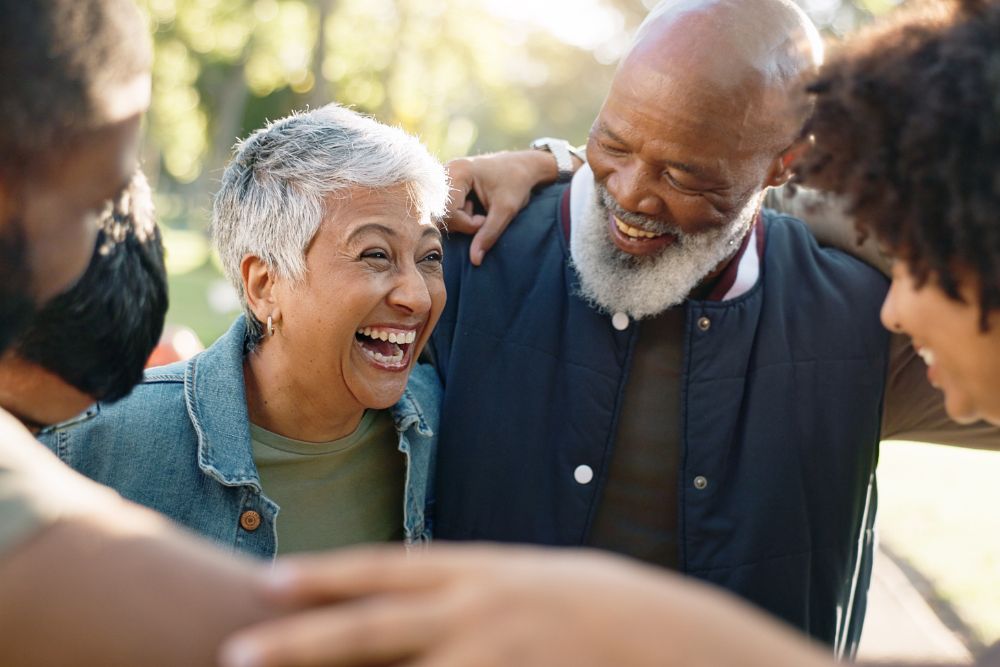As your loved ones age, you may notice changes in how they think, feel, or interact with the world around them. It’s common to chalk those shifts up to “just getting older,” but sometimes there’s more going on beneath the surface. Mental wellness is just as important in the elderly population as it is for anyone else—and it deserves attention, compassion, and support.
At Pacific Sky Recovery Center in Bellevue, Washington, we understand that aging comes with emotional and psychological challenges. Whether it’s a deep sense of loneliness, grief after losing a partner, or anxiety brought on by life transitions like moving out of a lifelong home, older adults often face a unique set of stressors. These challenges can take a toll on mental health, and they can sometimes go unnoticed or untreated.
Mental Health Conditions Common in Older Adults
Mental health concerns in elderly individuals can look different than those in younger people, but they’re no less real or important. According to the World Health Organization (WHO), approximately 14% of adults aged 60 and over live with a mental disorder. Mental health issues in older adults are often overlooked and go untreated, and the stigma attached to these conditions can make individuals hesitant to reach out for support.
Here are a few common mental health issues the elderly may face:
- Depression. Depression in older adults may not always involve sadness. Instead, it might show up as fatigue, irritability, loss of interest in activities, or changes in appetite or sleep.
- Anxiety. Worry about health, finances, or losing independence can become overwhelming. Generalized anxiety disorder, panic disorder, and phobias can all affect seniors, even if they’ve never had anxiety before.
- Cognitive impairments. While Alzheimer’s disease and other forms of dementia are not considered mental illnesses, they often coexist with depression and anxiety. Early detection is key to managing symptoms effectively.
- Substance use disorders. Sometimes older adults turn to alcohol or prescription medications to cope with loss, pain, or loneliness. Substance use disorders can easily go unnoticed, especially if the person is retired or living alone.
Signs That a Loved One May Be Struggling
It can be difficult to spot the signs of mental health issues in older adults, especially when physical ailments or memory concerns are already in the mix. But if something doesn’t feel right, it’s worth paying attention.
Here are some red flags that could point to a deeper problem:
- Withdrawing from social interactions or hobbies
- Sleeping too much or too little
- Noticeable changes in appetite or weight
- Trouble concentrating or making decisions
- Expressing feelings of hopelessness, worthlessness, or excessive worry
- Talking about death or showing a lack of interest in living
- Increased use of alcohol or prescription medication
- Poor hygiene or neglecting personal care
These symptoms may develop slowly or show up after a life event, such as the loss of a partner or a major health diagnosis. Don’t assume it’s just “part of aging”—your loved one may need real support.
Common Triggers: Loneliness, Grief, and Transition
As people age, they often encounter life experiences that can affect their emotional well-being. Here are a few of the most common:
- Loneliness and isolation. Many older adults live alone or have limited social contact. Health issues may prevent them from driving or getting out of the house. Over time, this isolation can contribute to depression and anxiety.
- Grief and loss. The loss of a spouse, close friends, or even a beloved pet can leave a painful void. Grieving is natural, but when sadness doesn’t ease with time, it can lead to more serious mental health concerns.
- Relocation or loss of independence. Moving from a family home to an assisted living facility or downsizing due to physical limitations can be disorienting. This kind of life change can cause stress, sadness, and a sense of identity loss.
How to Support a Loved One with Mental Health Challenges
Supporting an older loved one with mental health issues can feel overwhelming, but your presence, understanding, and action can make a real difference.
Start the Conversation
If you’re concerned about your loved one’s mental health, bring it up gently. Use “I” statements, such as: “I’ve noticed you’ve been sleeping more lately, and I’m a little worried. How have you been feeling?”
Let them know you’re coming from a place of love and concern—not judgment.
Encourage Professional Help
Offer to help them make an appointment with a counselor, therapist, or outpatient mental health provider. You may even want to accompany them on their appointment if this would make them feel more comfortable.
Offer Practical Support
Drive them to appointments. Help manage medications. Sit with them during difficult moments. Sometimes, just having someone nearby can provide enormous comfort.
Stay Connected
Regular phone calls, visits, and simple conversations about their day can reduce feelings of loneliness. Encourage them to stay engaged with hobbies, friends, and community activities whenever possible.
Respect Their Autonomy
It’s important to offer support without taking over their independence. Include them in decisions about their care and respect their preferences.
You’re Not Alone—And Neither Are They
Caring for the mental wellness of an aging loved one can be challenging, but you don’t have to do it by yourself. At Pacific Sky Recovery Center, we provide compassionate, evidence-based care that helps elderly individuals manage mental health conditions while maintaining their





